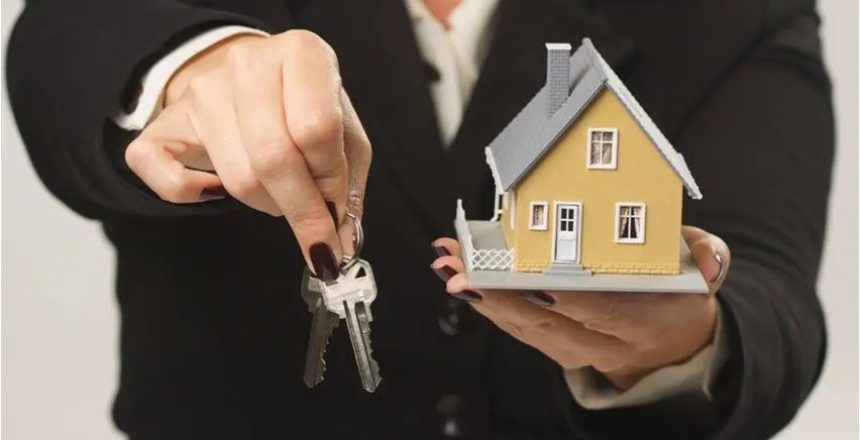Every home seller wants to know how fast a home can sell. However, it is not easy to answer this question. In fact, it depends on many factors such as the location, the condition of your home, and the type of the sale.
Factors to Consider Home Be Sold Fast?
You will have to opt for a short sale, if you owe your lender more money than the property can possibly be sold for. A traditional sale is only possible in cases where the value of the home is higher than the outstanding loan amount. All of these factors affect your chances of getting the home sold.
By the way, are you ready to offer some concessions to make the deal more attractive? You could, perhaps, offer to bear the buyer’s closing costs or pre pay HOA dues. This could attract some buyers. However, there is no guarantee that these tactics will ultimately get your house sold.
Why does location matter?
In real estate, if there is one factor that determines the price of your home it is the location. If the home is located in a good neighborhood, you will be able to sell it for a decent price without having to wait too long.
The condition of your home
Selling a well-maintained home is relatively easy, but if your home requires extensive repairs, you are unlikely to get many offers. It is nearly impossible to say how fast your home can sell. Nonetheless, it is helpful to look at the absorption rate. The absorption rate shows how long it typically takes to sell a house in the prevailing market conditions. The calculation is simple.
You just need to find out the number of houses that are listed for sale. Then divide that number by the number of houses that were sold in the last month. Now you have the absorption rate. It is the expected number of months it takes to reduce the existing inventory to zero if the sales rate remains flat.
Consider this situation. There were 40 homes for sale, and of these, 10 homes were sold in the last month. In this case, the absorption rate is 4 months. That means it would take four months for all those 40 homes to get sold. However, the sales rate does not remain flat all the time. It is also possible for more homes to get listed. All of these factors can make the absorption rate less reliable. Still this calculation tells you roughly how many months you will have to wait for your home to get sell fast.
Market conditions
Generally speaking, if the absorption rate is 6 (in this case, you may have to wait up to 6 months to get your home sold), it is considered a ‘neutral market’. If the absorption rate is less than 6 months, it is a ‘seller’s market’. And if it is more than six months, it is a ‘buyer’s market’.
Right now the market conditions have improved and consequently in many areas the absorption rate has trifurcated. However, just looking at the absorption rate isn’t helpful. You need to look at the price range as well.
Buyer’s market
Homes that don’t carry a heavy price tag get sold faster than the others. Keep in mind that in any price range, there are hundreds of thousands of homes. Some of these homes may get sold fast in less than a few days even if they happen to be in a buyer’s market. On the other hand, some homes may never get sold. The absorption rate merely gives you an idea. If you are trying to sell a high end home, you should be willing to wait much longer.
When you decide to sell your home, you should be able to figure out the property’s value. Remember, you can always rely on a free home valuation report from Neighborhood IQ to help you in the selling process. Also, the Home Loan Advisor can analyze your property, current market conditions, local market comps, and other variables in our proprietary algorithm, and match you with potential lenders.


